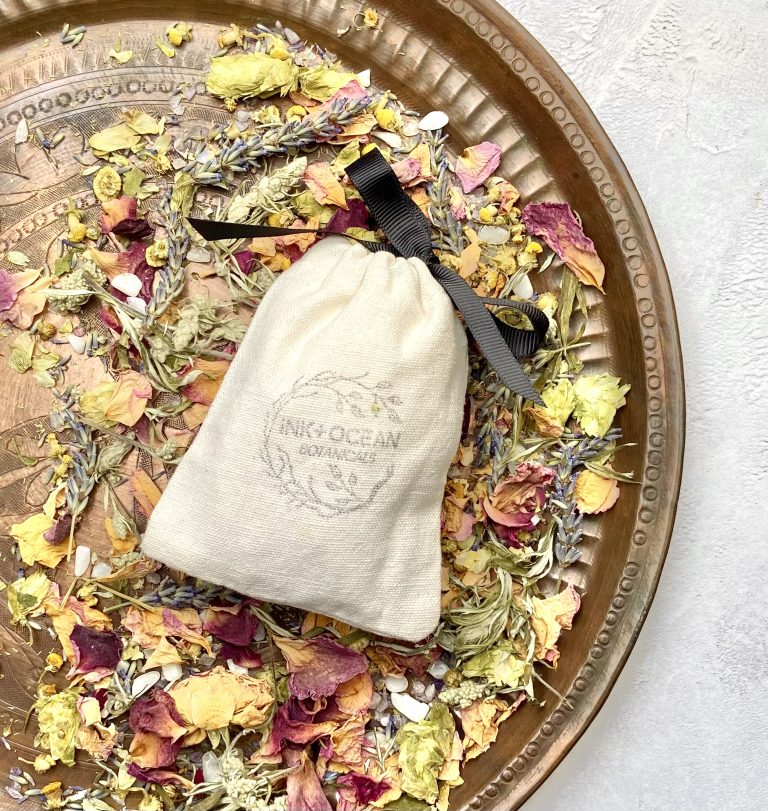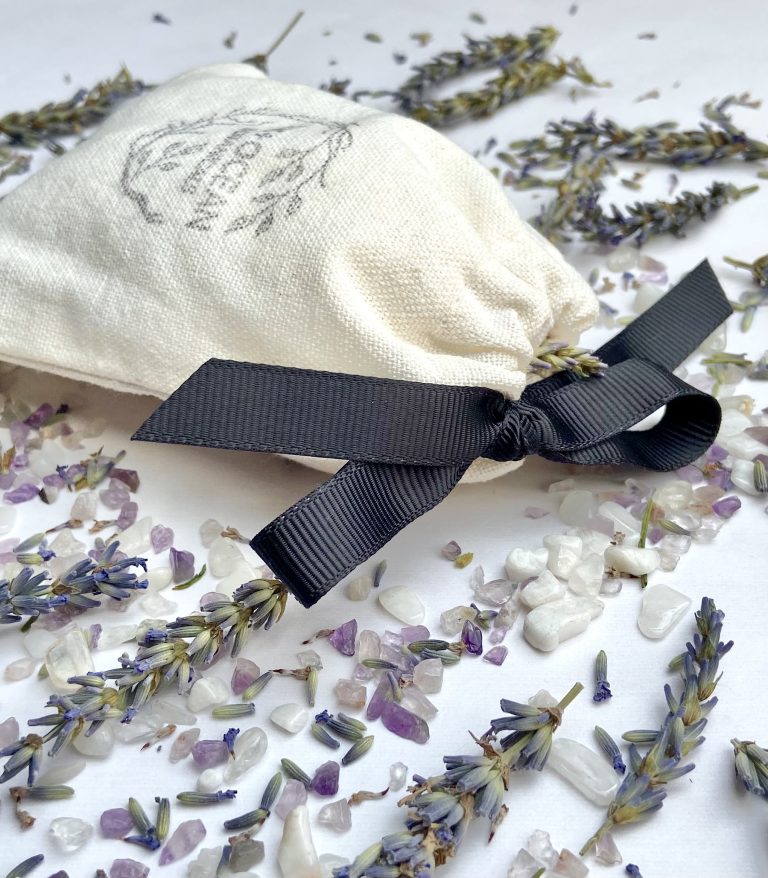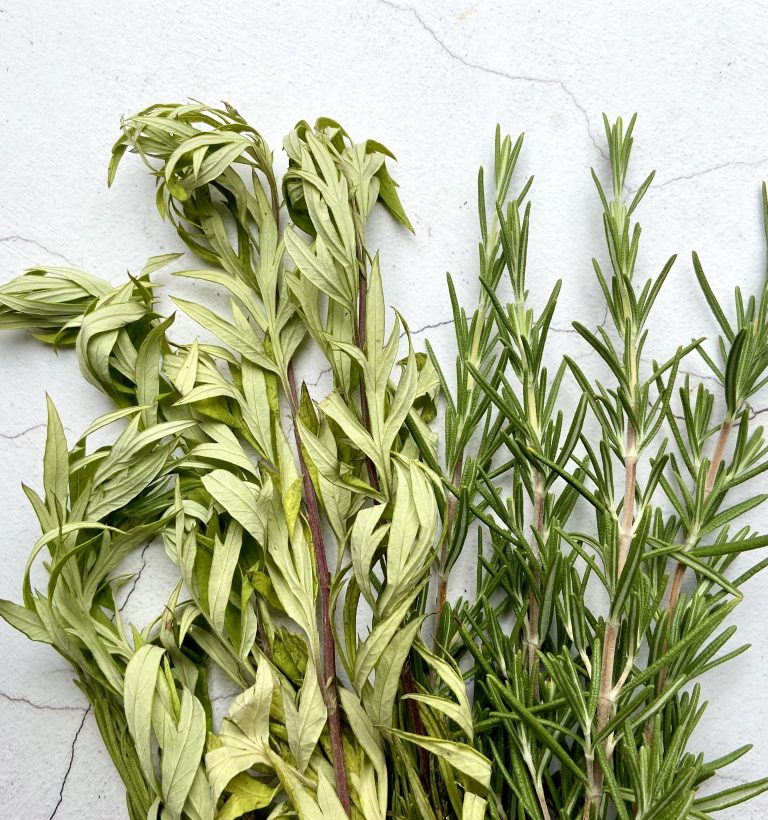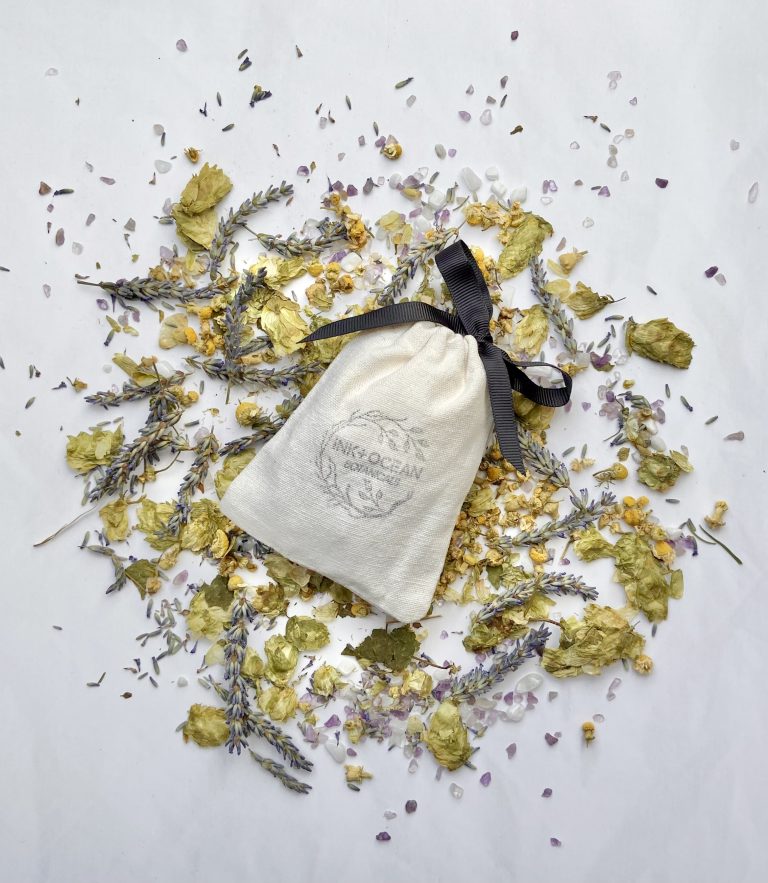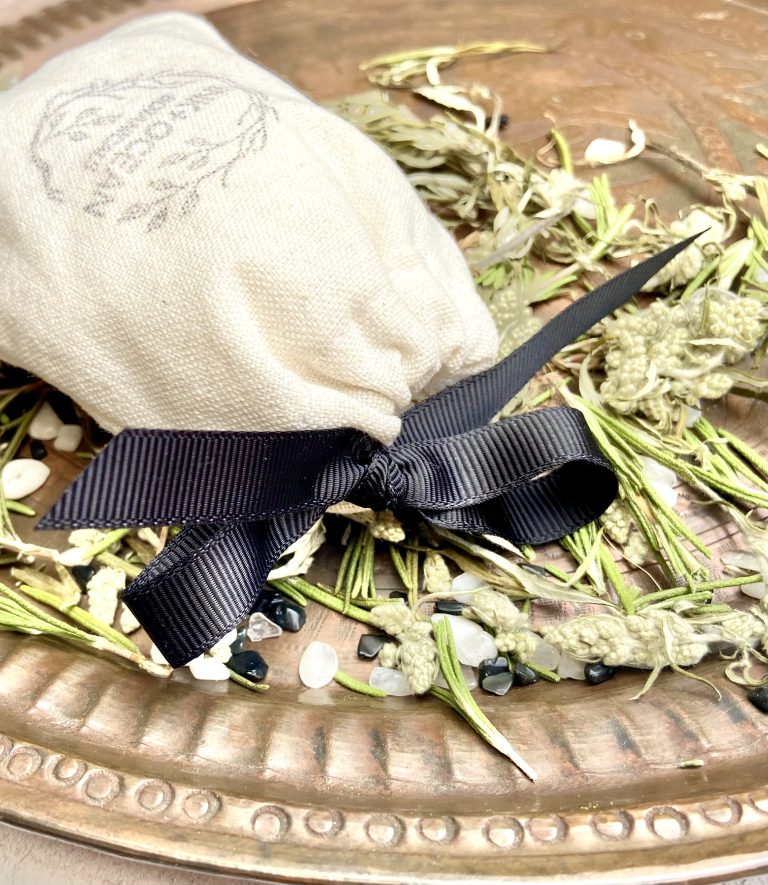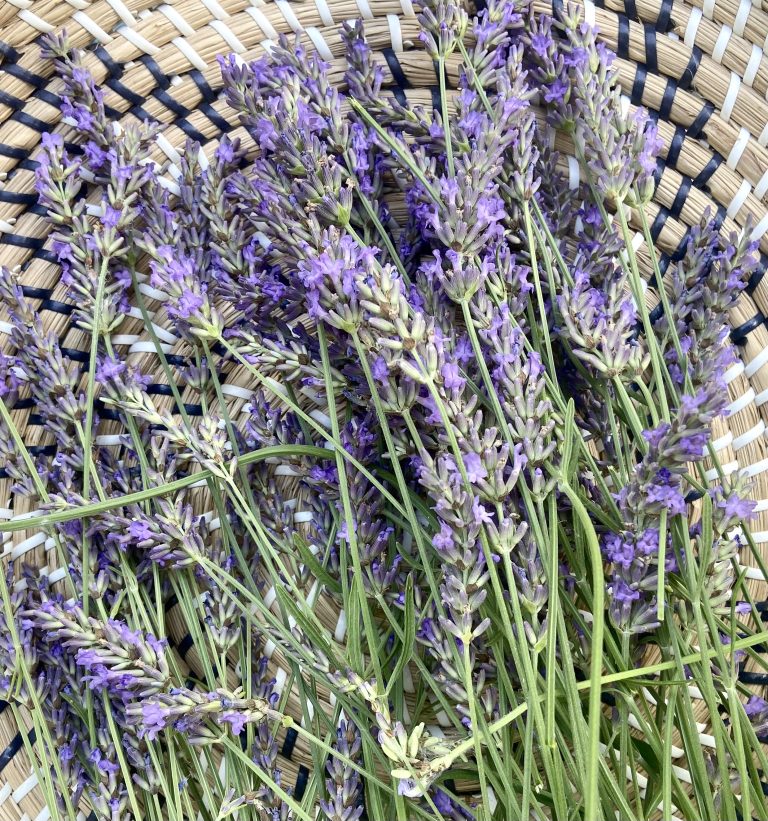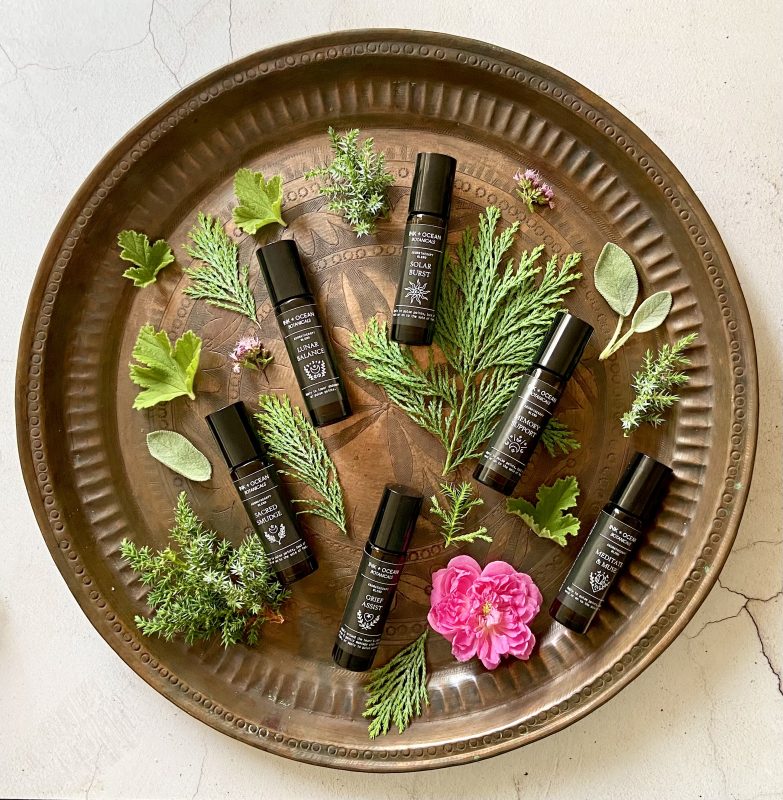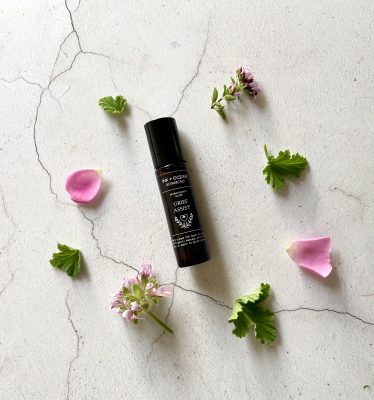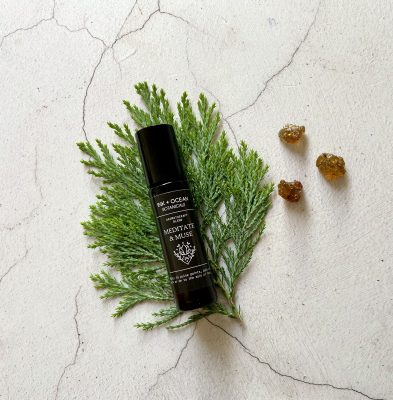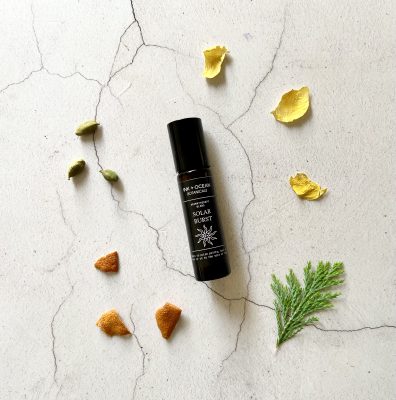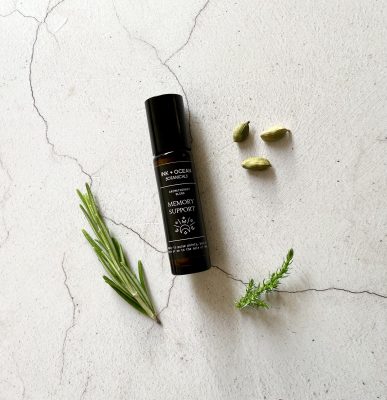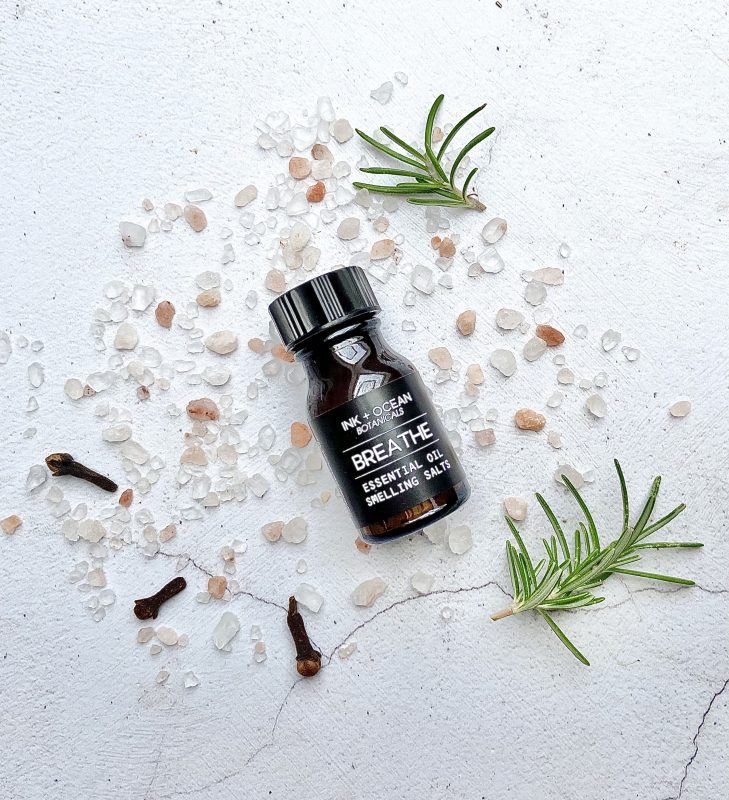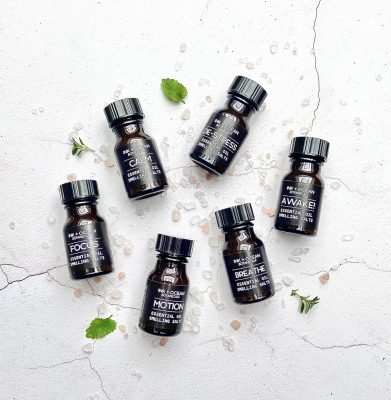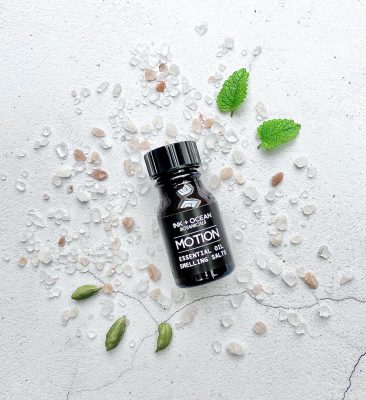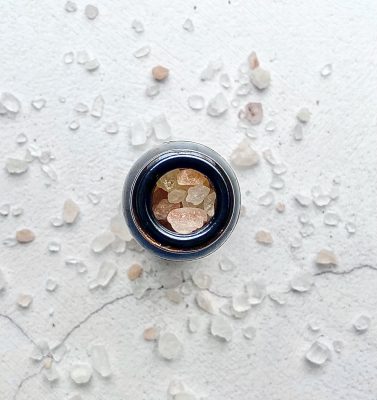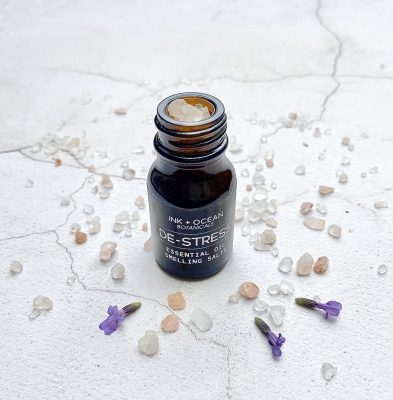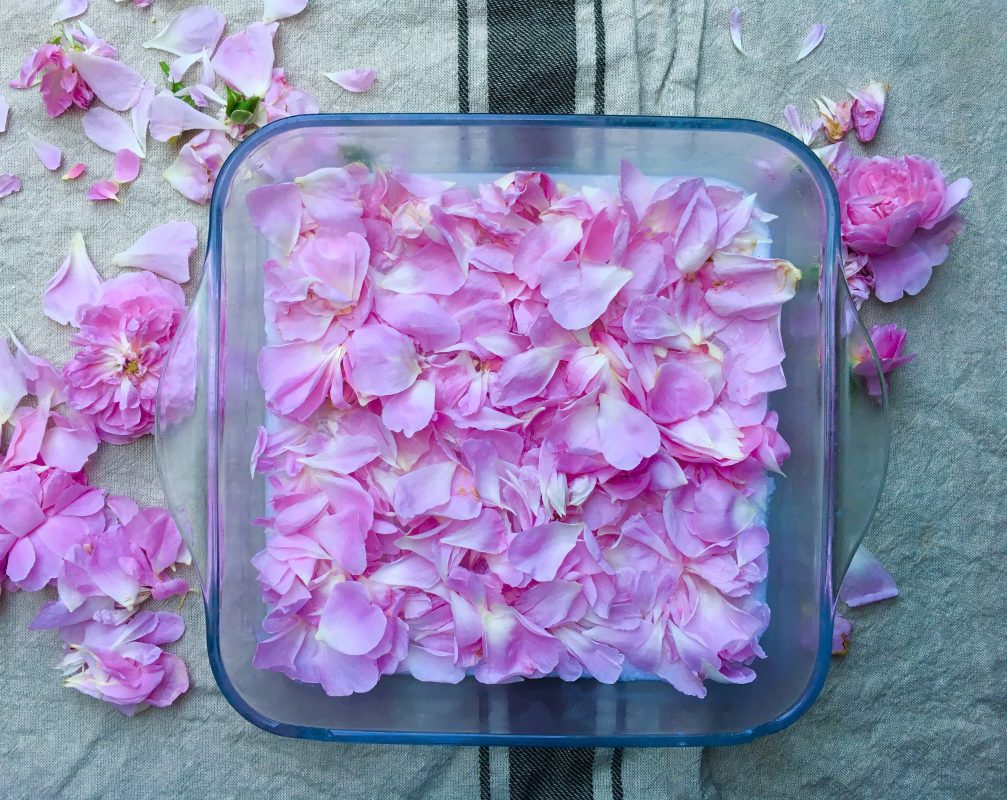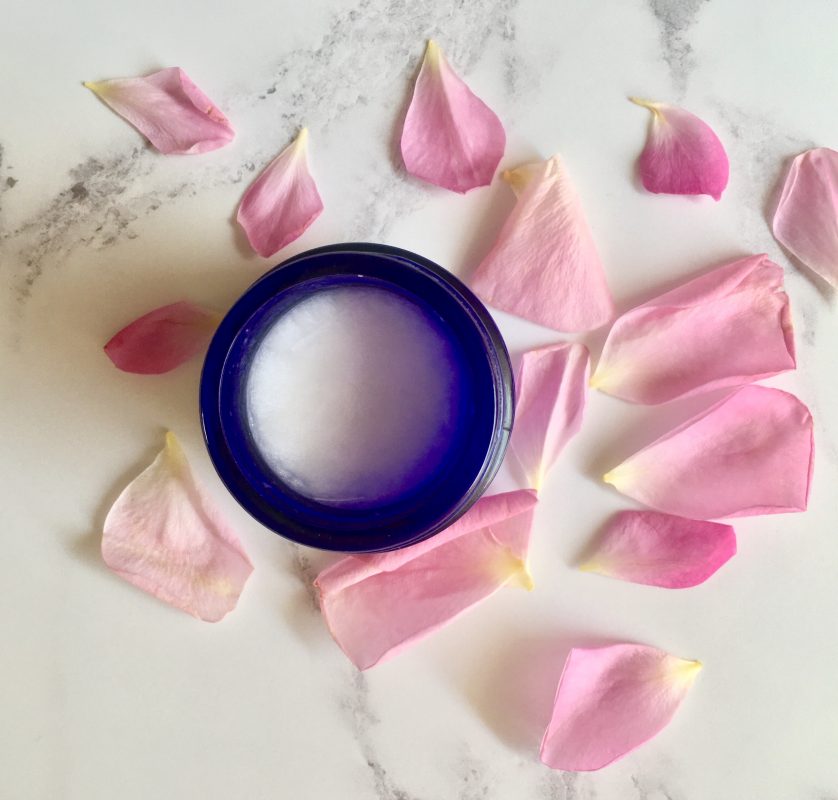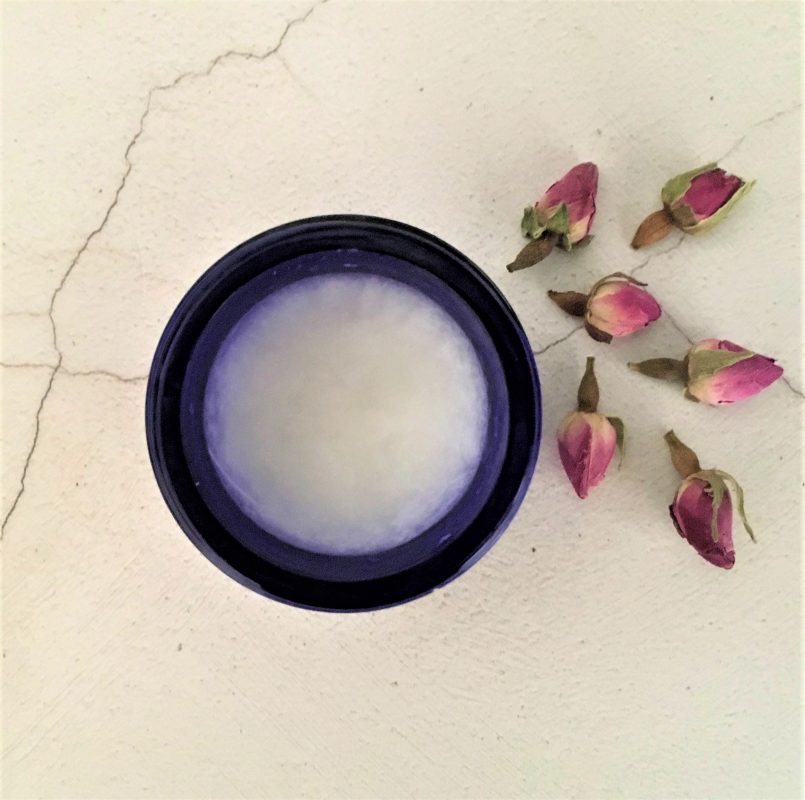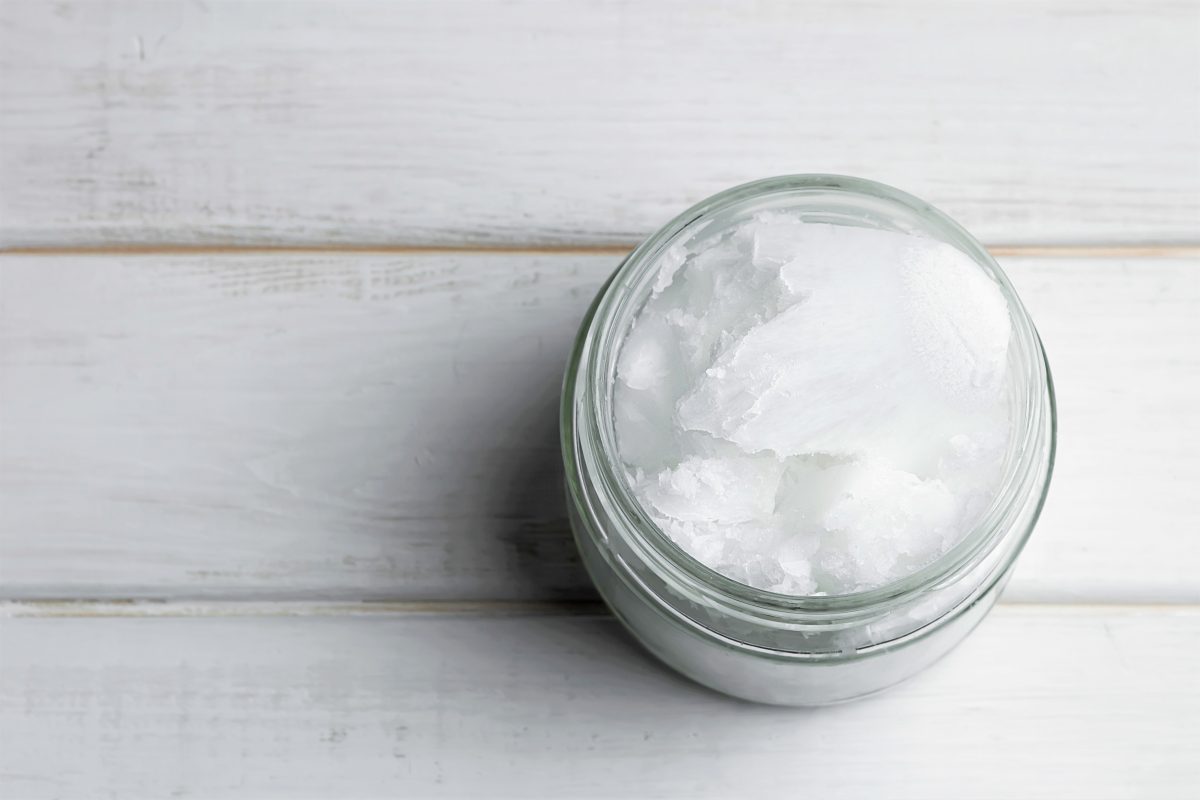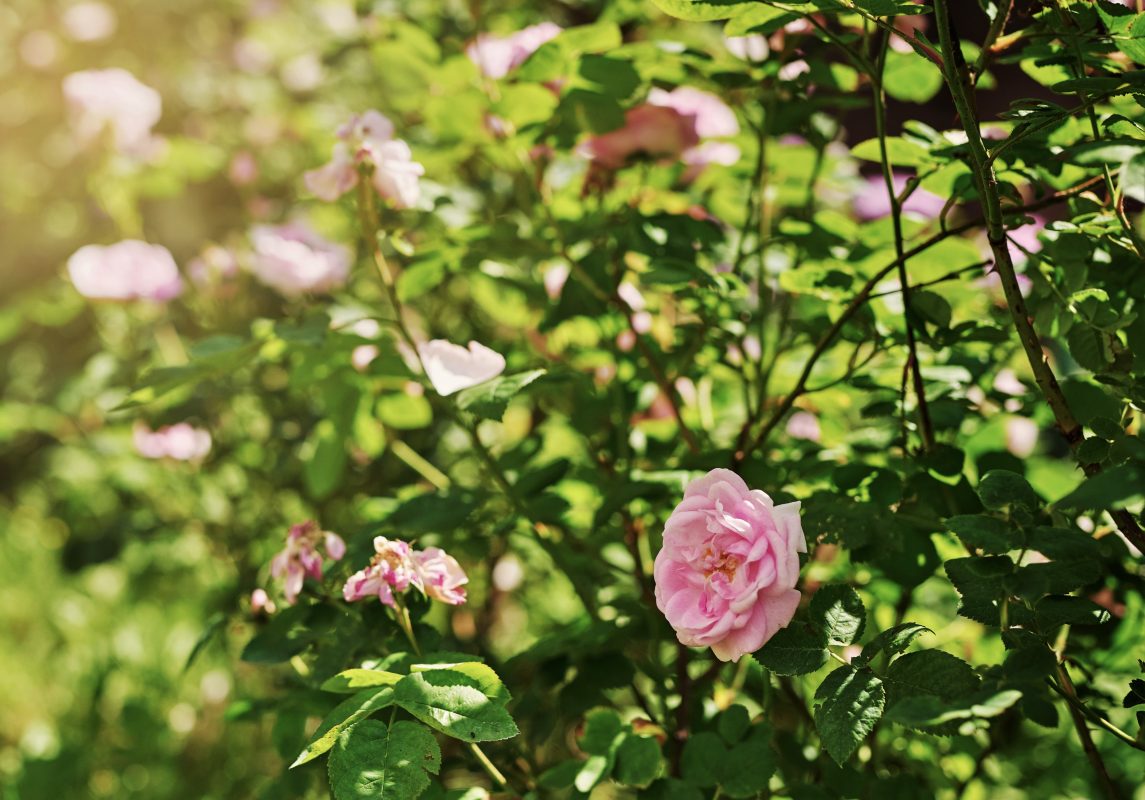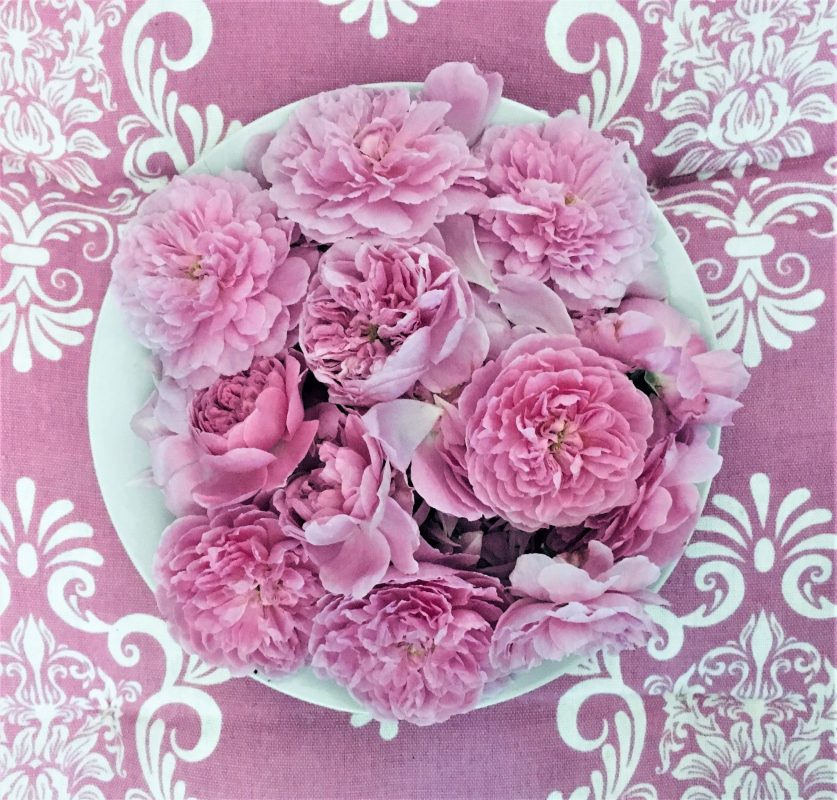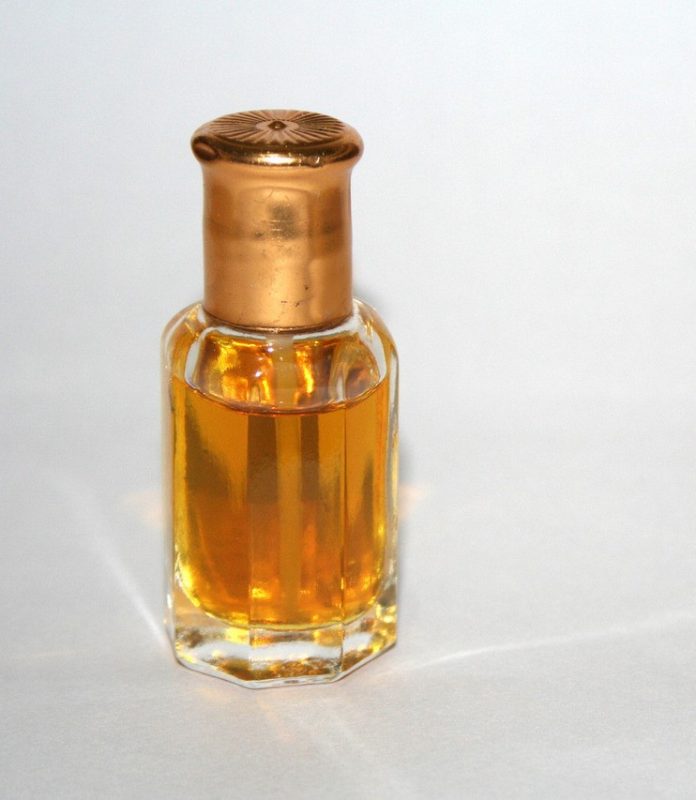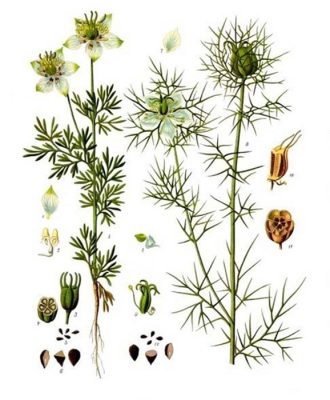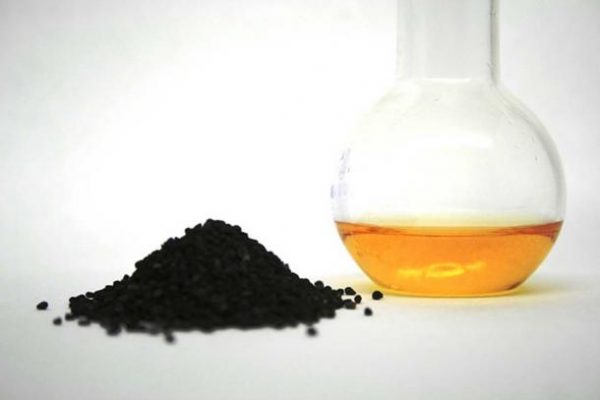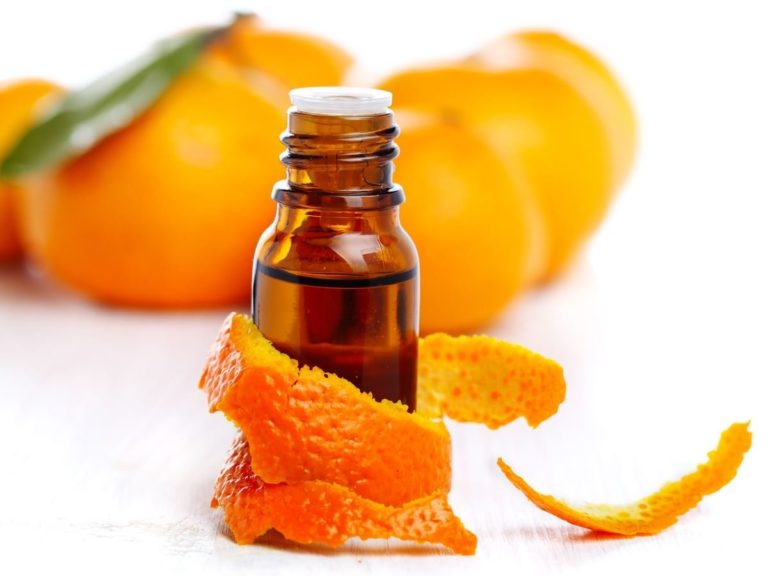Article from www.organicfacts.net
The health benefits of orange essential oil can be attributed to its properties as an anti-inflammatory, antidepressant, antispasmodic, antiseptic, aphrodisiac, carminative, diuretic, tonic, sedative and cholagogue substance.
Uses of Orange Essential Oil
The essential oil of orange has a wide variety of domestic, industrial and medicinal uses. Domestically, it is used to add orange flavour to beverages, desserts and sweetmeats. Industrially, it is used in soaps, body lotions, creams, anti-aging and wrinkle-lifting applications, concentrates for soft beverages, room fresheners, sprays, deodorants, biscuits, chocolates, confectionery and bakery items.
Orange Essential Oil- Composition and Extraction Process
This essential oil is obtained from the peels of orange by cold compression. Although most of you know the common name of oranges, perhaps you don’t know the botanical name, Citrus Sinensis. The liquid that comes in packets inside orange-flavoured soft drink concentrates is sometimes composed of this oil. The main components of this oil are Alpha Pinene, Citronellal, Geranial, Sabinene, Myrcene, Limonene, Linalool and Neral.
I am sure we are all familiar with its commercial and industrial uses, now let’s explore some of the medicinal benefits that it has for those who consume it regularly.
Health Benefits of Orange Essential Oil
There are many health benefits of orange essential oil which include:
Antispasmodic: Spasms can result in many irritating or serious problems including continuous coughing, convulsions, muscle cramps and extreme diarrhoea. To avoid these effects, spasms must be treated early or prevented entirely. This can be done with the help of orange essential oil, which relaxes muscular and nervous spasms.
Sedative: When you need to cool down after a hard day at the office or are suffering from inflammation of any kind, you should reach for a natural sedative that helps you to relax. The artificial sedatives or drugs available on the market are mostly tranquilizers based on narcotics and other synthetic forms. These, in the long run, do immense damage to the heart and various internal organs. It is a much better choice to use a natural one like orange essential oil. It alleviates anxiety, anger, depression and certain bodily inflammations.
Aphrodisiac: Orange essential oil has mild aphrodisiac properties. Systematic and regular use can cure problems such as frigidity, erectile problems, impotence, loss of interest in sex and decreased libido.
Anti-inflammatory: Orange essential oil provides quick and effective relief from inflammation, whether internal or external. Regardless of the reason, whether it is excessive intake of spices, fever, infections, side effect of antibiotics, gas, ingestion of toxic substances, or narcotics, orange essential oil can reduce the irritation and knee pain.
Cholagogue: It promotes secretions from all appropriate glands including the exocrine and endocrine. Therefore, it is frequently used to promote menstruation, lactation, digestive juices, bile, hormones and enzymes.
Antiseptic: Wherever there is a cut or abrasion, there is always the chance of the wound becoming septic due to a bacterial infection. This is even more likely when the wound has occurred from an iron object because there remains a chance of it becoming infected by tetanus germs. Essential Oil of orange can help people avoid both septic, fungal infections and tetanus as they inhibit microbial growth and disinfect the wounds.
Antidepressant: The very smell of orange essential oil reminds you of happy moments and brings pleasant thoughts to mind. That is why this oil is so frequently used in aromatherapy. It creates a happy, relaxed feeling and works as a mood lifter, perfect for people who suffer from depression or chronic anxiety. Research suggests that natural essential oil of orange helps to reduce pulse rate and salivary cortisol due to child anxiety state.
Diuretic: First, orange essential oil helps your body gets rid of excess gas and excess toxins. It promotes urination, which eliminates toxins like uric acid, bile, excess salts, pollutants and excess water within the urine. Urination increases appetite and promotes digestion. It contributes towards losing fats, which makes it good for the heart as well.
Tonic: The relation of a tonic to the body is quite similar to overhauling and servicing a vehicle. A tonic tones up every system that functions throughout the body, keeps the metabolic system in proper shape, contributes to strength, and boosts immunity.
Carminative: Being a carminative means being an agent that helps in the removal of excess gas from the intestines. Gas, which forms in the intestines and pushes upwards, can be very troublesome. Gas, since it is light, moves upwards and pushes against the internal organs, creating chest pains, indigestion and discomfort.
It can also cause a rise in blood pressure, negatively affect heart health and cause acute stomach aches. Essential oil of orange can help with many of these problems, since it relaxes the abdominal and anal muscles, thereby letting the gas escape. Furthermore, it does not let additional gas form.
Alzheimer’s disease: Study suggests that aromatherapy using orange essential oil may aid in improving cognitive function, especially in AD patients.
Insecticide: Research suggests that orange essential oil is effective against larvae and pupae of housefly, and may help in elimination of houseflies.
Other Benefits
It serves as a detoxifier, boosts immunity, treats constipation and dyspepsia and is very good for maintaining healthy, smooth and glamorous skin. It also helps to cure acne and dermatitis.
A Few Words of Caution
Orange essential oil displays photo-toxicity. It tastes bitter and if ingested in large quantities, it may result in vomiting, nausea, and loss of appetite.
Blending: Being a citrus oil, it blends well with other citrus essential oils. Other than those citrus oils, orange essential oil also blends well with essential oils of Cinnamon, Cloves, Frankincense, Ginger, Black Pepper, Sandal Wood and Vetiver.
How to make orange oil?
Unlike what some people expect, making orange essential oil actually requires you to use the peels, not the fruit itself. Peel the oranges and allow the peels to dry. Grind the peels up and bring some grain alcohol up to a warm temperature on the stove. Then, pour the grain alcohol over the ground up orange peels. Shake the mixture and then allow it to sit for 2-3 days, then strain the mixture. Voila! Orange essential oil!
Where to buy orange oil?
You can buy orange essential oil from the majority of natural health and whole food stores where other essential oils are found. However, it is unlikely that you’ll find orange essential oil in any major chain stores in the west. Orange oil is also commonly used in aromatherapy applications, so herbalists and aromatherapists are also good places to purchase orange essential oil. Fortunately, it’s not very expensive and highly effective!
What is orange essential oil good for?
Orange essential oil has many applications that can improve your overall health, such as helping you get better sleep, reducing the occurrence of muscle spasms, increasing your sex drive, protecting the immune system, detoxifying the body, and preventing the onset of certain degenerative cognitive diseases. The high content of antioxidants and organic compounds makes this oil highly versatile and useful for boosting health.
How to use orange essential oil?
You can use orange essential oil in a number of different ways. Some people choose to freshen their clothes and add some orange essential oil to their laundry; other people use it in diffusers to give the entire room an energetic boost. You can use it topically to improve the appearance of the skin in the case of acne or eczema or put it in boiling water and inhale the steam.
What is orange oil?
Orange oil is the essential oil of oranges, which bears the scientific name Citrus sinensis. These are extremely common fruit but the oil itself isn’t as widely known. Differing from orange juice, orange essential oil can be extracted from the peels of oranges through a process involving grain alcohol. The resultant orange oil can be used for many different health issues, ranging from acne to chronic stress.
Source: https://www.organicfacts.net/health-benefits/essential-oils/orange-essential-oil.html





